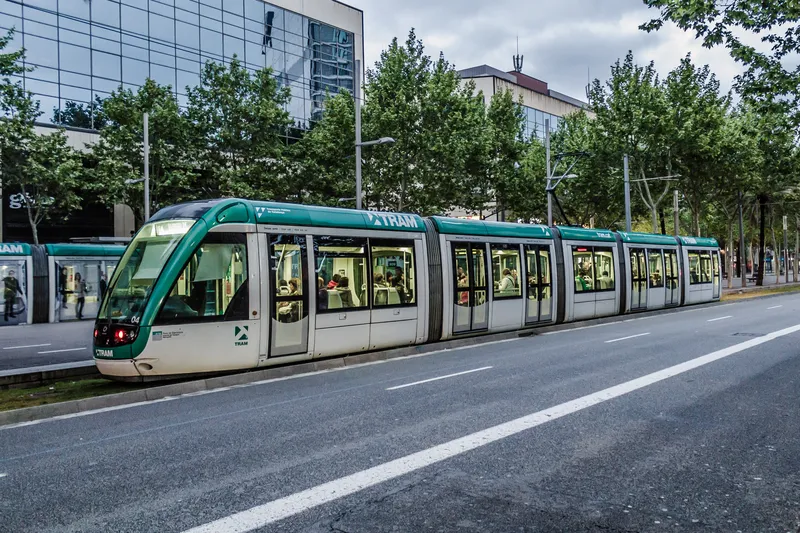Spanish administrator of railway infrastructures, Adif, has awarded the Thales/Siemens joint venture a contract for the installation of traffic control, automatic train protection, telecommunications and safety technologies on the Olmedo-Ourense high-speed line section, together with maintenance over a 20-year period. The amount of the contract is US$637 million.
Thales is to install the European Railway Traffic Management System (ERTMS) Level 2 automatic train protection system, wayside LED light signal
November 25, 2014
Read time: 2 mins
Spanish administrator of railway infrastructures, Adif, has awarded the 596 Thales/189 Siemens joint venture a contract for the installation of traffic control, automatic train protection, telecommunications and safety technologies on the Olmedo-Ourense high-speed line section, together with maintenance over a 20-year period. The amount of the contract is US$637 million.
Thales is to install the European Railway Traffic Management System (ERTMS) Level 2 automatic train protection system, wayside LED light signals, axle counters for safe train detection, wheel sensors and landline telecommunications systems. Thales will also install new state-of-the-art electronic interlockings at several stations on the Medina del Campo-Zamora-Ourense conventional line affected by the work on the high-speed line.
The company will also provide all GSM-R mobile communications systems, power supply for the facilities, auxiliary detection systems, equipment buildings and auxiliary building work.
Siemens will install its safety solution based on electronic interlockings and associated technologies, with the ASFA system, centralised traffic control, supply of balises, track circuits, video surveillance systems and access control.
ERTMS level 2 will allow a maximum speed of 350 km/h on this 331 kilometre stretch of the railway, reducing the journey to two hours. In 2018, it will provide a high-speed railway link between Ourense in Galicia and Olmedo near Valladolid.
Thales is to install the European Railway Traffic Management System (ERTMS) Level 2 automatic train protection system, wayside LED light signals, axle counters for safe train detection, wheel sensors and landline telecommunications systems. Thales will also install new state-of-the-art electronic interlockings at several stations on the Medina del Campo-Zamora-Ourense conventional line affected by the work on the high-speed line.
The company will also provide all GSM-R mobile communications systems, power supply for the facilities, auxiliary detection systems, equipment buildings and auxiliary building work.
Siemens will install its safety solution based on electronic interlockings and associated technologies, with the ASFA system, centralised traffic control, supply of balises, track circuits, video surveillance systems and access control.
ERTMS level 2 will allow a maximum speed of 350 km/h on this 331 kilometre stretch of the railway, reducing the journey to two hours. In 2018, it will provide a high-speed railway link between Ourense in Galicia and Olmedo near Valladolid.









